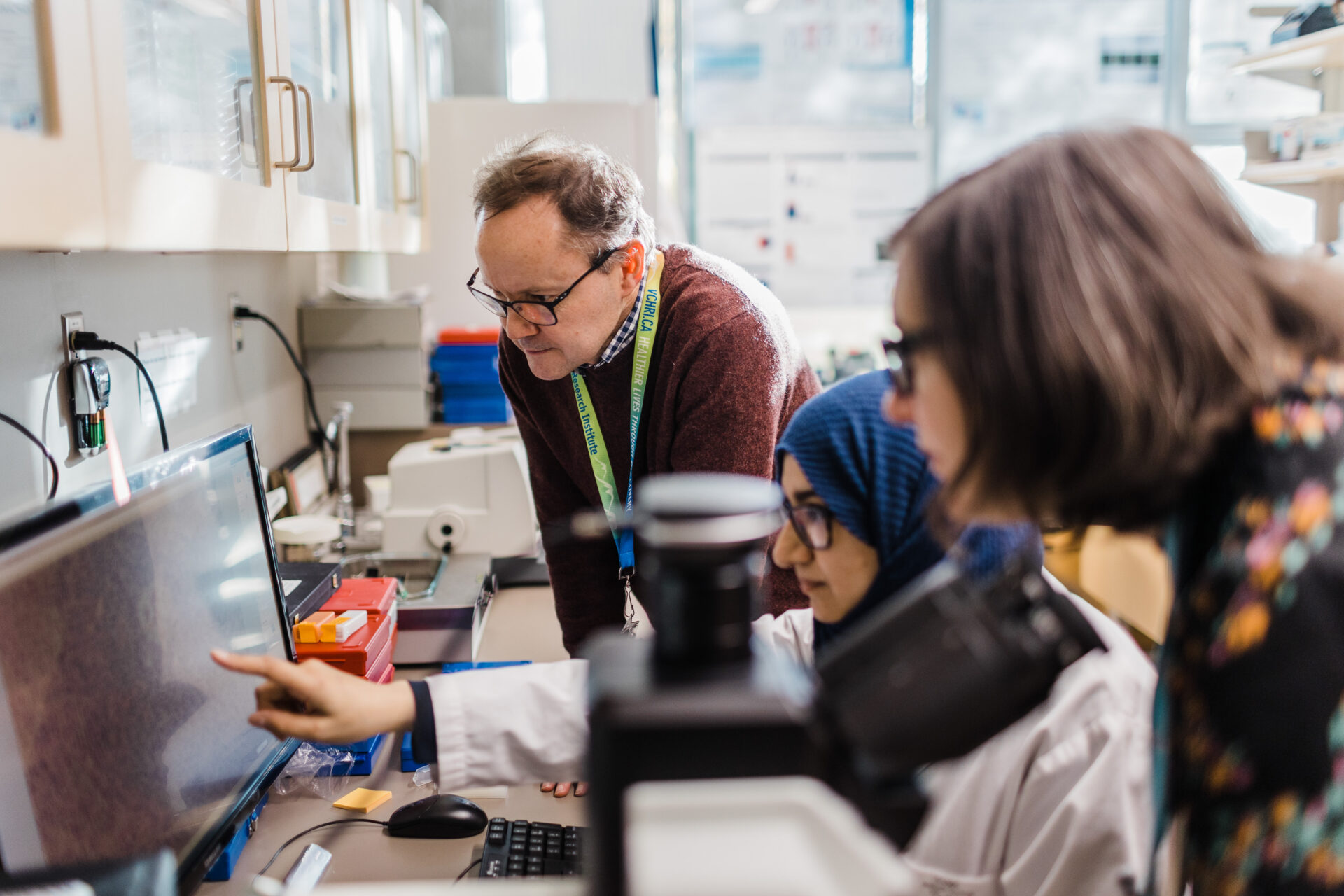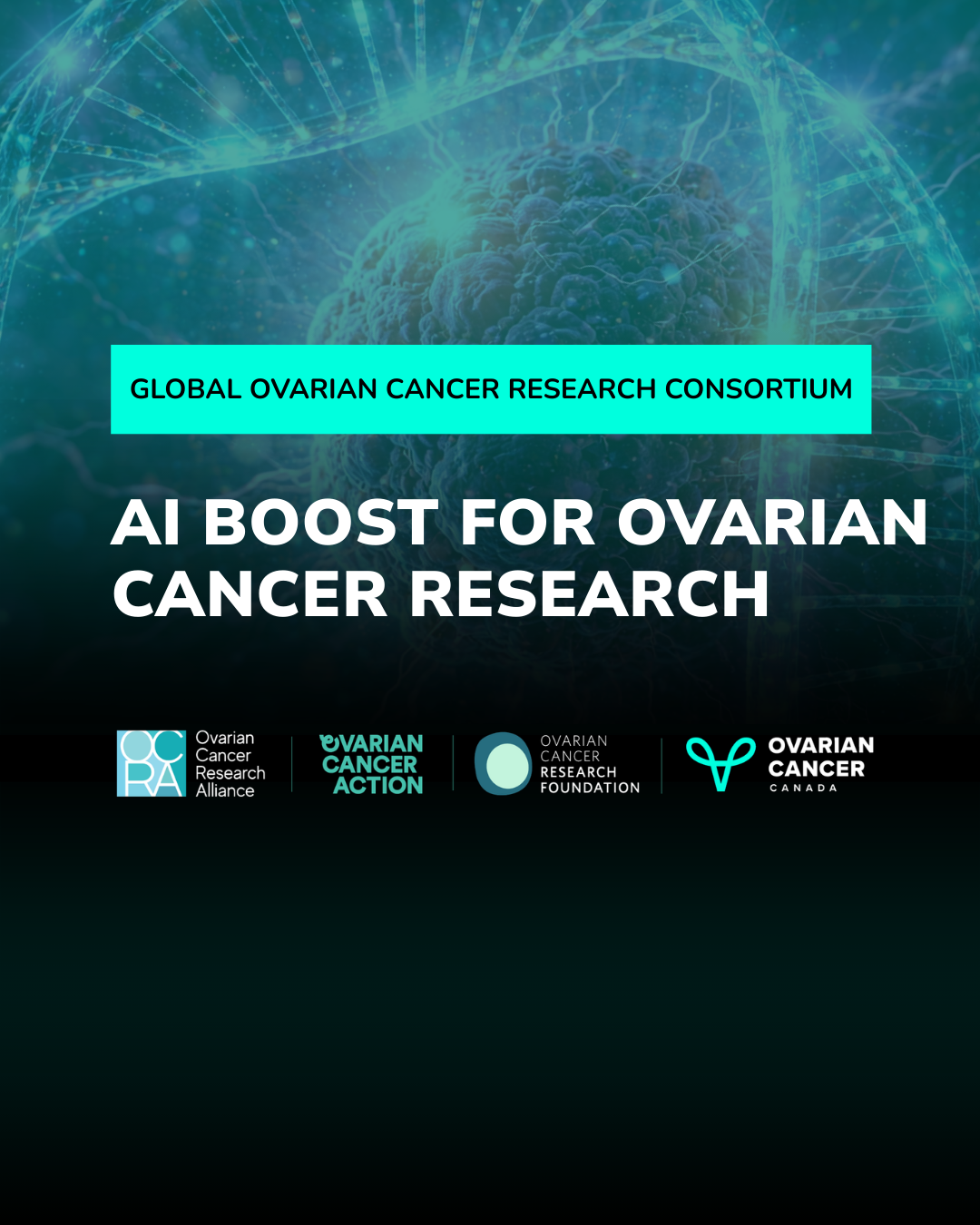In a unanimous ruling issued June 13, 2013, the US Supreme Court ruled that private companies do not have the right to patent human genes.
In Association for Molecular Pathology et al. v. Myriad Genetics, the court considered the validity of patents held by the Utah-based company Myriad Genetics for the BRCA1 and BRCA2 genes, which when mutated are associated with an increased risk of breast and ovarian cancer.
In this long awaited decision, the court ruled that a naturally occurring DNA segment is a “product of nature” and is not eligible for a patent simply because it has been isolated. “Groundbreaking, innovative or even brilliant discovery does not by itself satisfy the criteria” for patent eligibility, said Justice Clarence Thomas, who authored the decision.
Since uncovering the location and sequence of the BRCA1 and BRCA2 genes in the mid-1990s, Myriad has held exclusive rights to the test that identified the mutations. The test costs approximately $3,000.
Many cancer and research advocates applauded the decision, saying that it clears the way for better patient care and medical innovation. Dr. Francis Collins, Director of the National Institutes of Health, declared the decision a “victory for all those eagerly awaiting more individualized, gene-based approaches to medical care.” Advocates hope that the ruling will allow for easier, less expensive access to genetic testing, the ability for patients to get second opinions to confirm test results, and will allow more researchers to work on these genes without fear of being sued.
For more on this story, click here.


